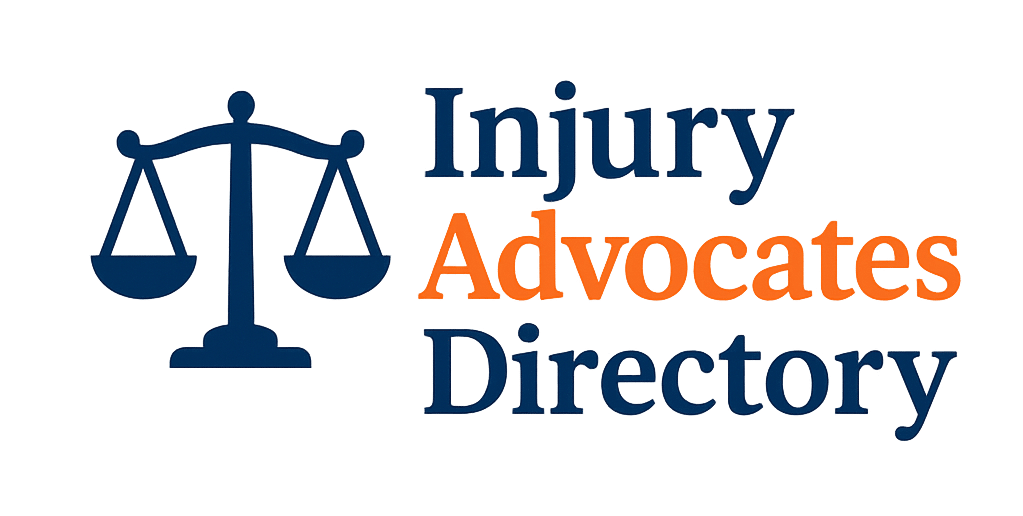The process of filing a personal injury lawsuit can be daunting, but understanding each step can make it less overwhelming. Knowing how to file a personal injury lawsuit step by step will empower victims to seek the compensation they deserve.
Navigating this legal landscape requires diligence, attention to detail, and often the assistance of a qualified professional. This article will guide you through the essential steps and considerations involved in this process.
What are the key steps in a personal injury lawsuit?
Filing a personal injury lawsuit involves several crucial steps. Understanding these steps is vital for anyone seeking legal recourse for their injuries.
1. Seek Medical Attention: The first step is to obtain medical treatment for any injuries sustained. Documenting your injuries is crucial for building a strong case.
2. Hire a Personal Injury Attorney: Engaging a personal injury attorney will help navigate the complexities of the legal system. An attorney can provide invaluable advice and representation throughout the process.
3. Gather Evidence: Collecting evidence is a vital component of your case. This includes photographs of the incident, medical records, and witness statements. Having comprehensive evidence will strengthen your claim significantly.
4. File a Notice of Claim: In many jurisdictions, you must file a notice of claim to inform the responsible party or their insurance company about your intent to sue. This step is essential for preserving your legal rights.
How long does the personal injury lawsuit process take?
The timeline for a personal injury lawsuit can vary widely based on several factors. Understanding the potential duration can help manage expectations.
The process typically begins with filing a personal injury claim, which can take a few weeks to gather initial evidence. After filing the claim, the discovery phase usually ensues, lasting several months as both parties gather information.
In some cases, if both parties reach a settlement during negotiation, the process may conclude in a matter of months. However, if your case goes to trial, it can take years before reaching a resolution.
Factors that can affect the timeline include the complexity of the case and the willingness of both parties to negotiate. Being prepared for varying timelines is essential for anyone involved in a personal injury lawsuit.
What should I expect during the discovery phase?
The discovery phase is a critical part of a personal injury lawsuit. This stage involves both parties collecting evidence and information related to the case.
During this phase, expect to participate in depositions, where both sides can ask questions of witnesses and parties involved. You may also be required to provide documents and other evidence relevant to the case.
1. Interrogatories: These are written questions that the other party must answer under oath. They can provide insight into the other party's case and help build your strategy.
2. Requests for Production: This involves requesting documents from the other party, such as medical records, accident reports, or insurance information.
3. Requests for Admission: These are statements that one party asks the other to admit or deny. They can help clarify facts and issues in the case.
Overall, the discovery phase is essential for establishing a strong case and understanding the strengths and weaknesses of both sides.
How to prepare for a personal injury trial?
Preparing for a personal injury trial requires careful planning and organization. A successful trial depends on thorough preparation and the effective presentation of your case.
1. Review the Evidence: Go over all gathered evidence, including medical records, accident reports, and witness statements. Ensure everything is organized and easily accessible.
2. Practice Your Testimony: Rehearse your testimony with your attorney. This will help you become familiar with the courtroom environment and reduce anxiety.
3. Develop a Strategy: Work with your attorney to formulate a trial strategy. Understand the key points you want to convey and anticipate the opposing party's arguments.
A well-prepared trial can significantly impact the outcome of your case, so take this stage seriously.
What factors affect personal injury settlement amounts?
Several factors can influence the settlement amount in a personal injury case. Understanding these factors can help you gauge the potential value of your claim.
1. Severity of Injuries: The extent of your injuries plays a significant role in determining compensation. More severe injuries often result in higher settlements.
2. Medical Expenses: All medical costs related to your injury, including future medical care, impact the settlement amount. Documentation of these costs is essential.
3. Lost Wages: If your injuries caused you to miss work, you could claim compensation for lost wages. The amount of income lost will be considered when negotiating a settlement.
Other factors may include insurance policies, the liability of the parties involved, and the strength of the evidence.
What happens after a personal injury lawsuit is filed?
Once you file a personal injury lawsuit, several important steps will follow. Knowing what to expect can help you navigate the remainder of the process smoothly.
After filing, the defendant will be served with the lawsuit and will have a set period to respond. This response may include admitting or denying the allegations made against them.
Following this, the discovery phase begins, allowing both parties to gather evidence and prepare for trial. Settlement negotiations may also take place during this time, which can lead to resolution without a trial.
If the case goes to trial, a judge or jury will ultimately decide the outcome. If a settlement is reached, both parties will sign an agreement, concluding the legal process.
Related questions about filing personal injury lawsuits
What is the hardest injury to prove?
Proving certain injuries can be more challenging than others, particularly when they are non-visible. Soft tissue injuries and emotional distress claims are examples where medical evidence may not be as straightforward.
In cases of psychological trauma, for instance, establishing causation can be complex, requiring expert testimony to validate the claim. Comprehensive documentation and expert evaluations are critical in these situations to support your case adequately.
What are the odds of winning a personal injury lawsuit?
The odds of winning a personal injury lawsuit depend on several factors, including the strength of your evidence and the effectiveness of your legal representation. Statistics suggest that many personal injury cases result in settlements, which can be favorable for plaintiffs.
Having a knowledgeable personal injury attorney can significantly improve your chances of success. They can assess the viability of your case and guide you through the complexities of litigation, which may enhance your chances of a favorable outcome.
What not to say to an injury lawyer?
When speaking with a personal injury lawyer, it's important to avoid certain statements that could undermine your case. For example, do not admit fault or make statements that could be construed as accepting blame for the accident.
Additionally, avoid exaggerating your injuries or downplaying the incident. Providing honest and accurate information is essential, as your attorney needs credible facts to build a strong case.
Can I file my own personal injury lawsuit?
Yes, you can file your own personal injury lawsuit without an attorney; however, it's generally not advisable. The legal process is complex, and navigating it without professional guidance can lead to mistakes that may jeopardize your claim.
An experienced attorney can help you understand the laws and procedures relevant to your case, ensuring you maximize your chances of receiving the compensation you're entitled to.
By understanding how to file a personal injury lawsuit step by step, victims can effectively navigate the legal process and work towards securing a settlement that addresses their needs.

